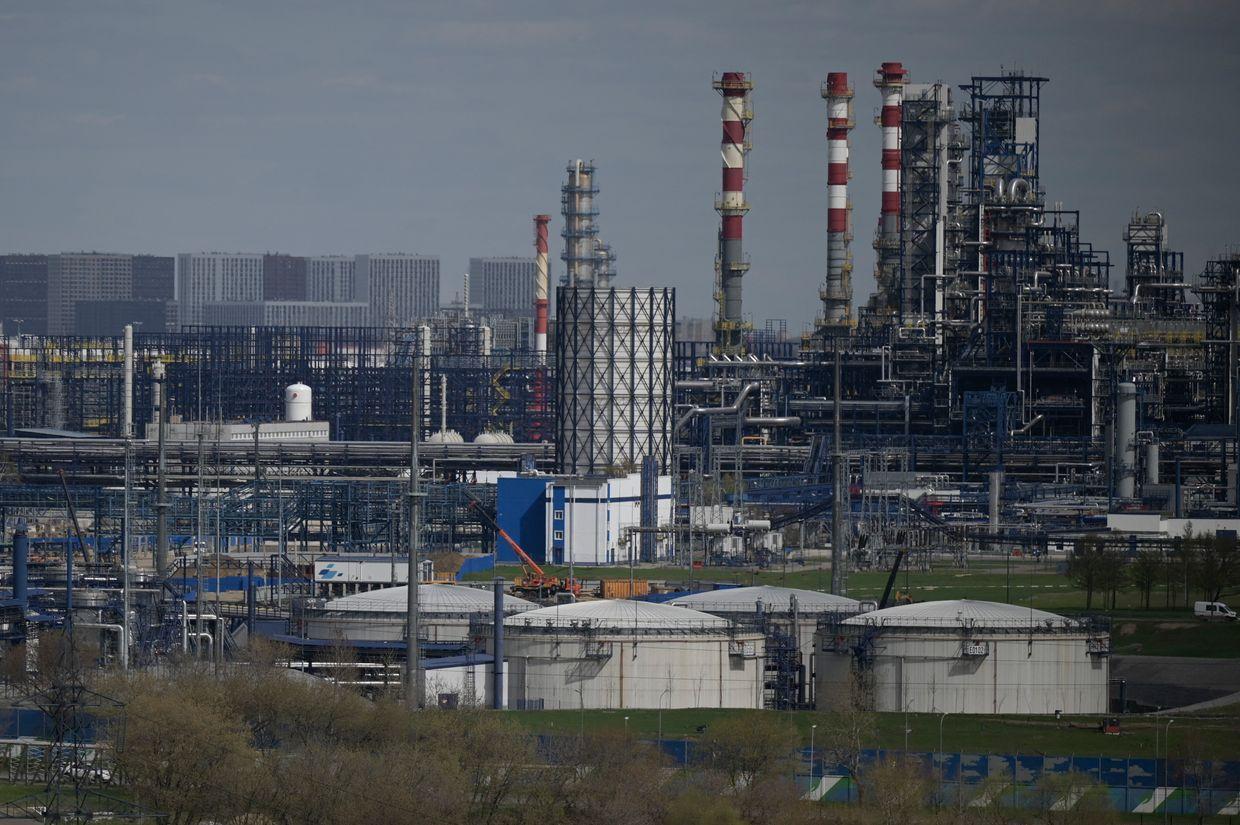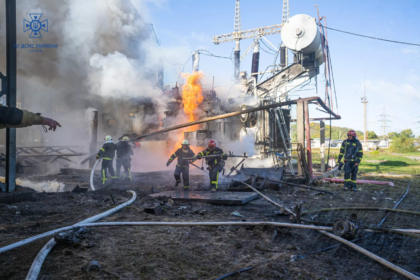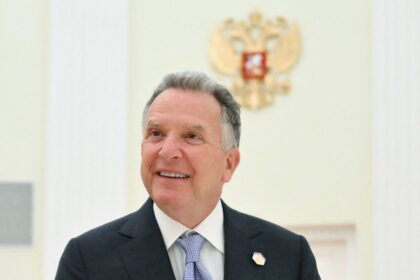**UK and EU Unite to Slap Russia with Lower Oil Price Cap**
In a significant move, the UK has joined the European Union in lowering the price cap on Russian seaborne oil exports to just $47.6 per barrel. This decision was announced by the British government on July 18.
The previous price cap of $60 per barrel was imposed by the G7 back in December 2022. The goal was to limit Russia’s oil profits while avoiding a global supply shock. However, with the ongoing conflict in Ukraine and Russia’s military spending soaring, the need to further squeeze Russia’s energy revenues has become even more pressing.
**Russia’s Energy Revenues Take a Hit**
According to the British government, Russia’s income from energy exports has already fallen by 35% year-on-year to May. The revised price cap is expected to deal another significant blow to Russia’s economy. As Foreign Secretary David Lammy put it, “We will not stand by as Putin continues to stall on serious peace talks. We’re striking at the heart of the Russian energy sector alongside the EU.”
**EU Approves 18th Package of Sanctions**
In a related development, the European Union has also approved its 18th package of sanctions against Russia. This includes the revised oil price cap, which will apply to services such as insurance and shipping. Under the new rules, Western firms may only handle Russian oil shipments if the crude is sold at or below the $47.6 limit.
**Companies Have Until September 2 to Comply**
The UK authorities have given companies until September 2 to comply with the revised ceiling. This gives them a short window of time to adjust their operations and ensure they are not handling Russian oil exports above the new price cap.
As Russia’s budget continues to come under strain due to high military spending, this move by the UK and EU is likely to further exacerbate the economic pressure on Moscow. The conflict in Ukraine remains unresolved, and it seems that both sides are determined to use economic leverage to gain an upper hand.
**Commentary**
The lowering of the oil price cap is a significant development in the ongoing economic war between Russia and the West. By joining forces with the EU, the UK has demonstrated its commitment to further isolating Russia and limiting its energy revenues.
This move is likely to have far-reaching consequences for Russia’s economy, particularly if other countries follow suit. The pressure on Russia will only intensify as it struggles to fund its military operations in Ukraine.
**Analysis**
The revised oil price cap is a carefully calibrated measure designed to maximize the economic pain inflicted on Russia without causing a global supply shock. By targeting services such as insurance and shipping, the UK and EU are using their leverage to disrupt Russia’s ability to export oil at profitable prices.
This move also highlights the growing coordination between Western countries in their efforts to isolate Russia economically. As the conflict in Ukraine continues, it seems that both sides are engaged in an escalating game of economic one-upmanship, with no end in sight.
Read More @ kyivindependent.com












